Is XRP the Next Bitcoin? Key Differences Explained
Understand what makes XRP unique before comparing it to Bitcoin.
- XRP and Bitcoin serve fundamentally different purposes: Bitcoin is digital gold for storing value, while XRP is a payment solution for fast cross-border transactions.
- XRP processes transactions in 3-5 seconds at minimal cost, making it significantly faster than Bitcoin's 10-minute blocks, but it operates through a more centralized network controlled by Ripple Labs.
- XRP would need a market cap of over $7 trillion to match Bitcoin's current price per token, making direct price comparisons mathematically unrealistic due to supply differences.
- Regulatory clarity following the August 2024 SEC settlement and potential XRP ETF approvals could unlock significant institutional capital, though success depends on actual adoption by financial institutions.
- While XRP has strong growth potential in the multi-trillion-dollar cross-border payment market, it faces competition from stablecoins, CBDCs, and other blockchain solutions.
- Smart investors evaluate XRP and Bitcoin separately based on different criteria: Bitcoin for proven store-of-value characteristics, XRP for exposure to payment infrastructure innovation with higher risk-reward profiles.
Why Bitcoin Is Different: Understanding Its Unique Position
1. Why Bitcoin Became "Digital Gold"
2. Bitcoin's Institutional Acceptance vs XRP
Discover XRP's unique applications beyond digital gold use cases.
What Makes XRP Different from Bitcoin
1. XRP's Core Purpose: Fast Payments
2. Centralization vs. Decentralization
3. Supply Economics Tell Different Stories
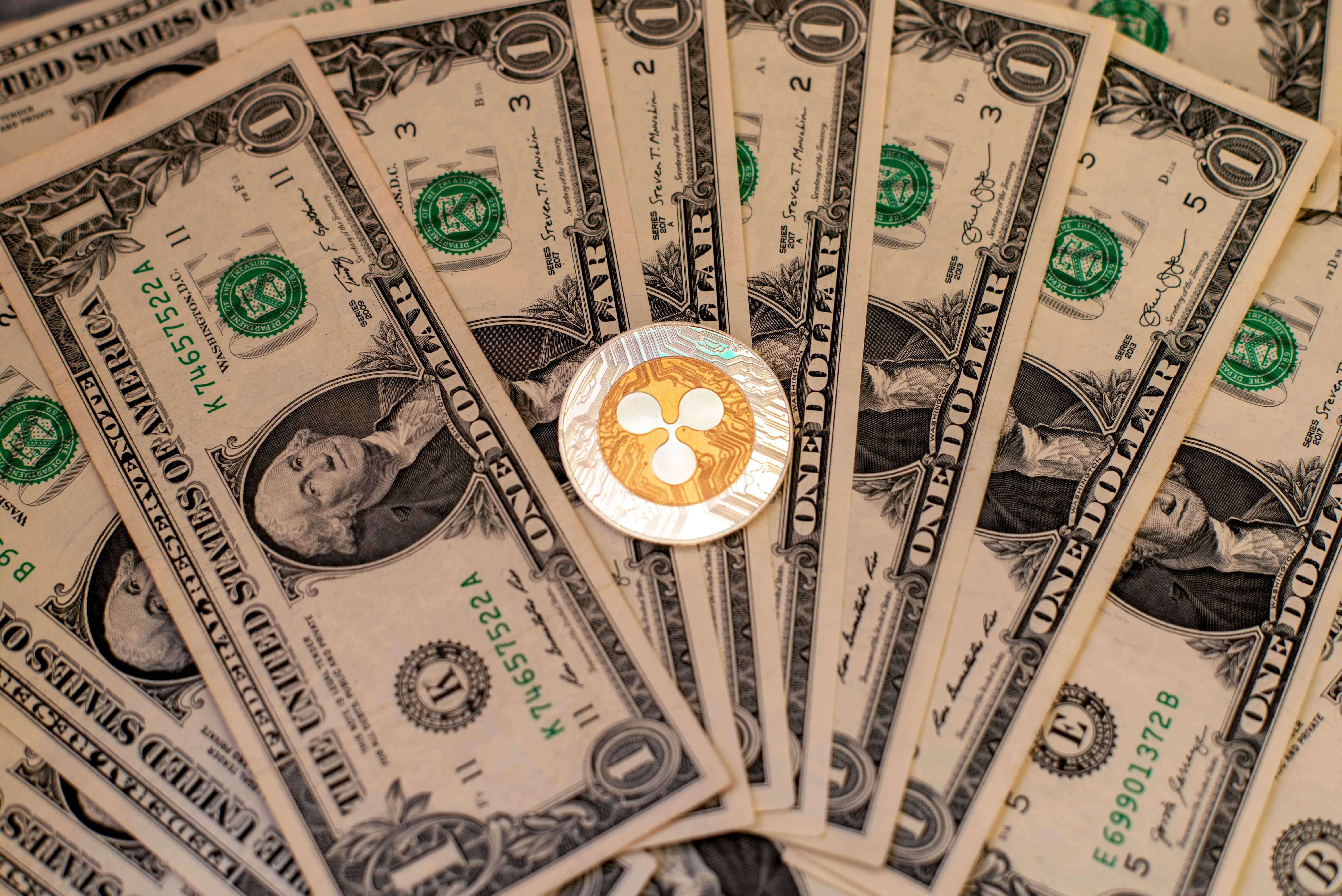
XRP Recent Performance: Is It the Next Bitcoin?
Is XRP the Next Bitcoin? The Reality Check
1. Why XRP Won't Be the Next Bitcoin
2. Realistic Growth Potential
3. Market Cap Reality: XRP vs Bitcoin
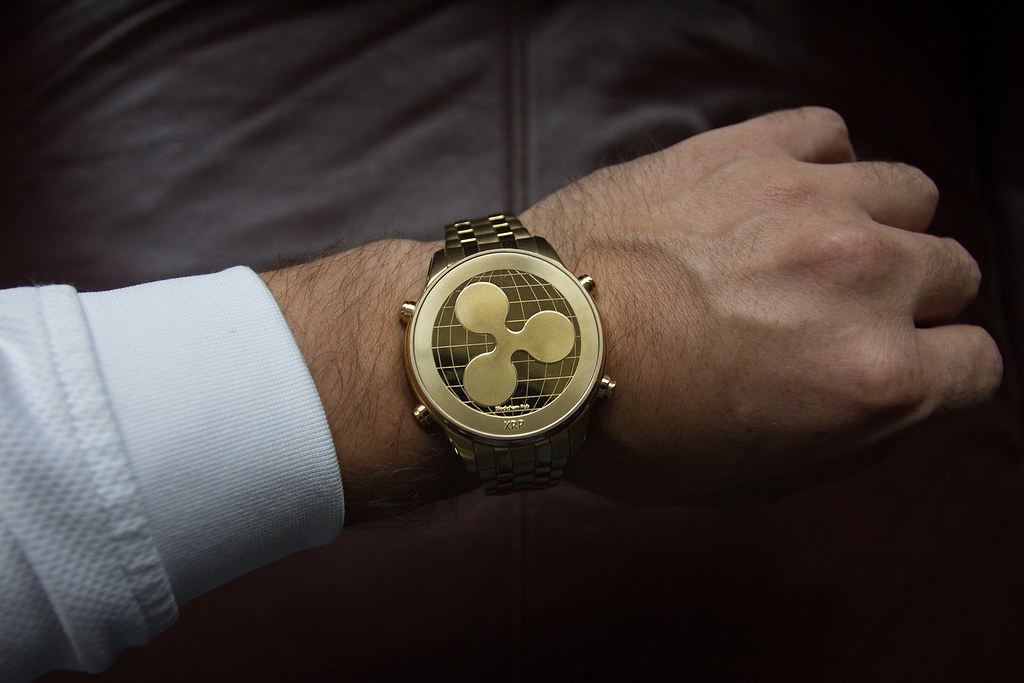
Factors Influencing XRP's Future
1. Regulatory Impact on XRP's Future
2. How Banking Partnerships Affect XRP
3. XRP vs Competitors in Payments
Should You Buy XRP as the Next Bitcoin? Investment Guide
Wondering if XRP is stable? Learn the truth here.
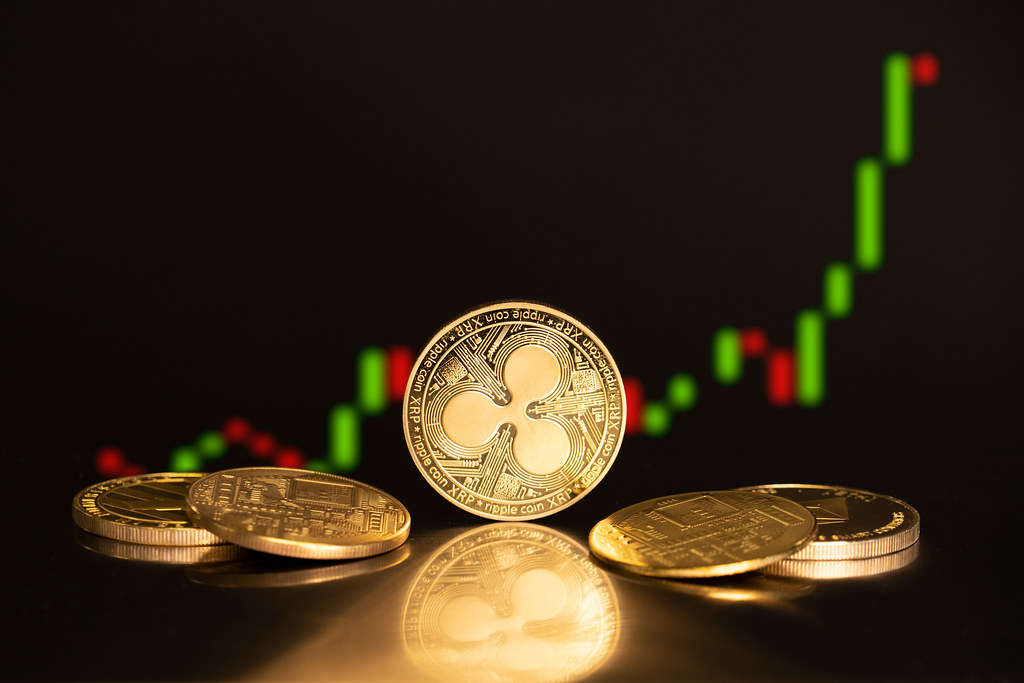
FAQ: Common Questions About XRP and Bitcoin
Curious about XRP's technology and use cases? Read our complete guide.
Conclusion
Popular Articles
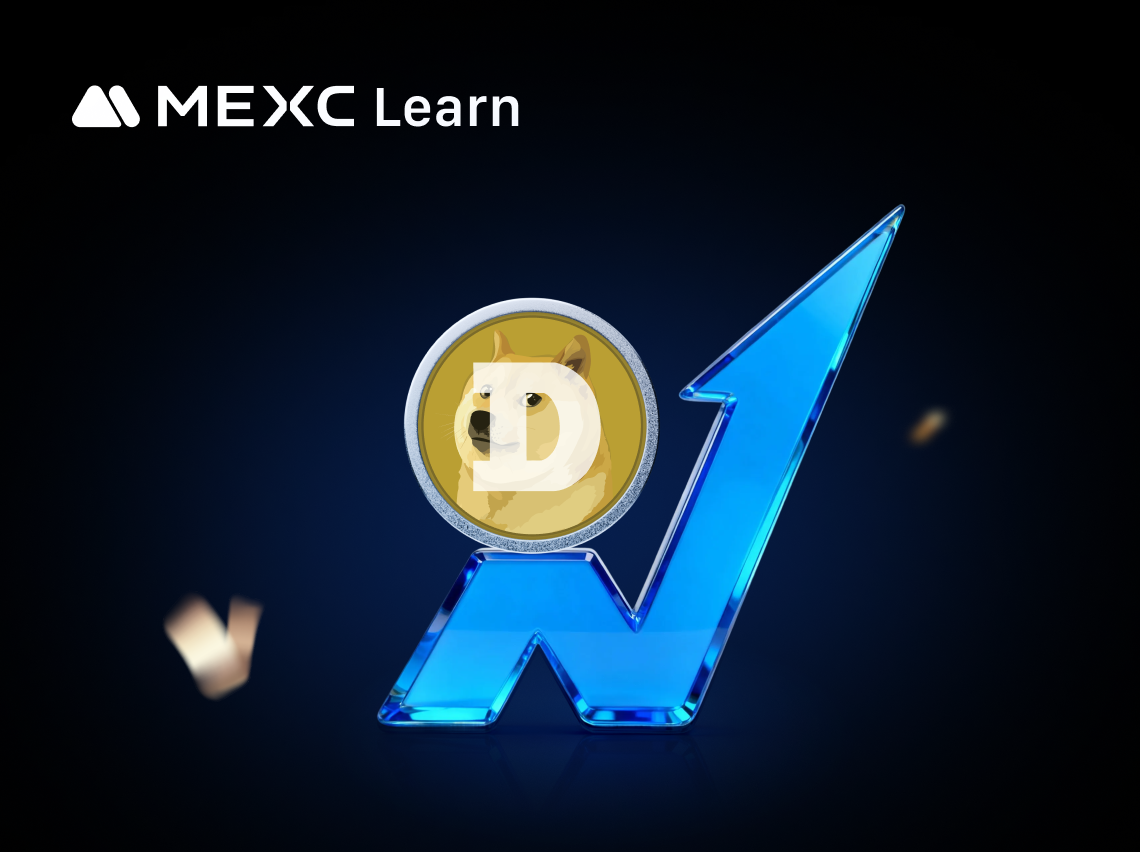
Dogecoin ETF: What We Know So Far and Whether It Could Happen
Key Takeaways:REX-Osprey Dogecoin ETF (DOJE) launched in September 2025 as the first U.S. product offering DOGE exposure via a mix of holdings and derivatives.Grayscale Dogecoin Trust ETF (GDOG) debut
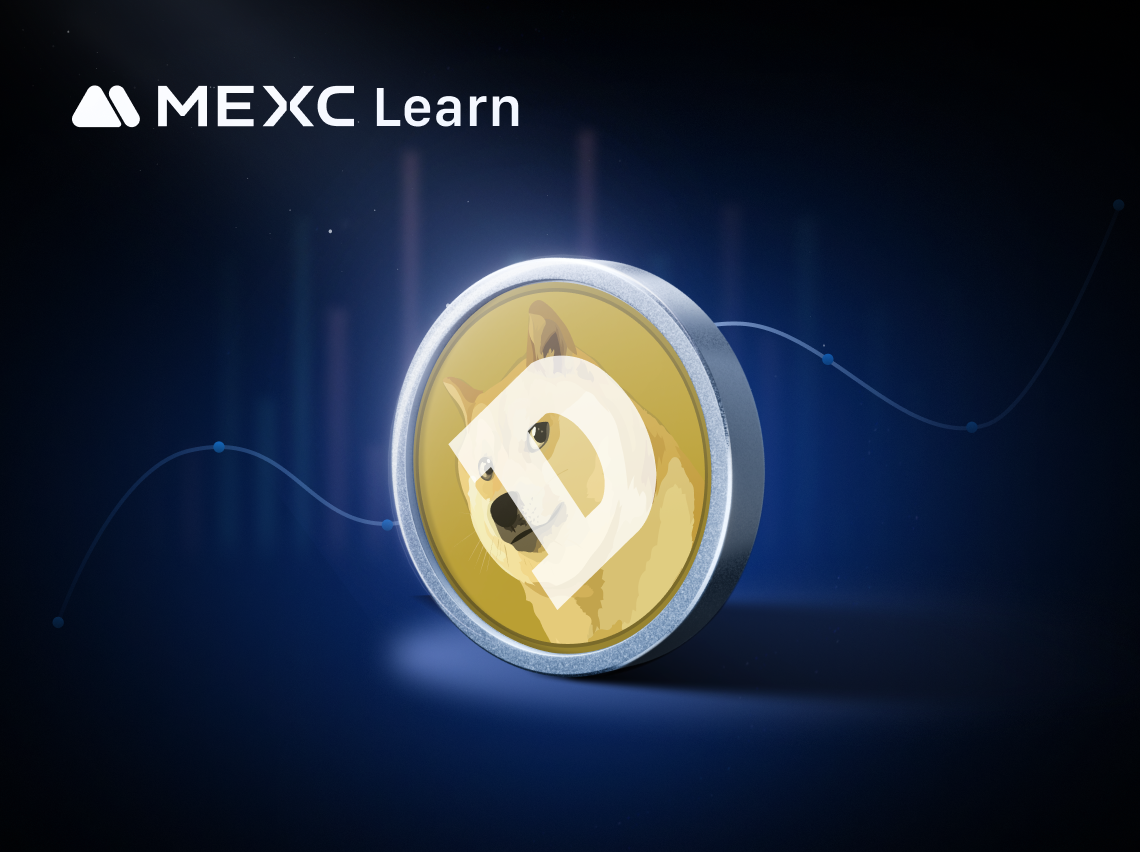
Dogecoin Mining 2025: How DOGE Is Mined, Merge Mining, and Miner Economics
Key Takeaways:Dogecoin Mining Process: Dogecoin uses Proof-of-Work (PoW) with the Scrypt algorithm, providing a fixed 10,000 DOGE reward per block every ~1 minute, ensuring consistent supply for miner
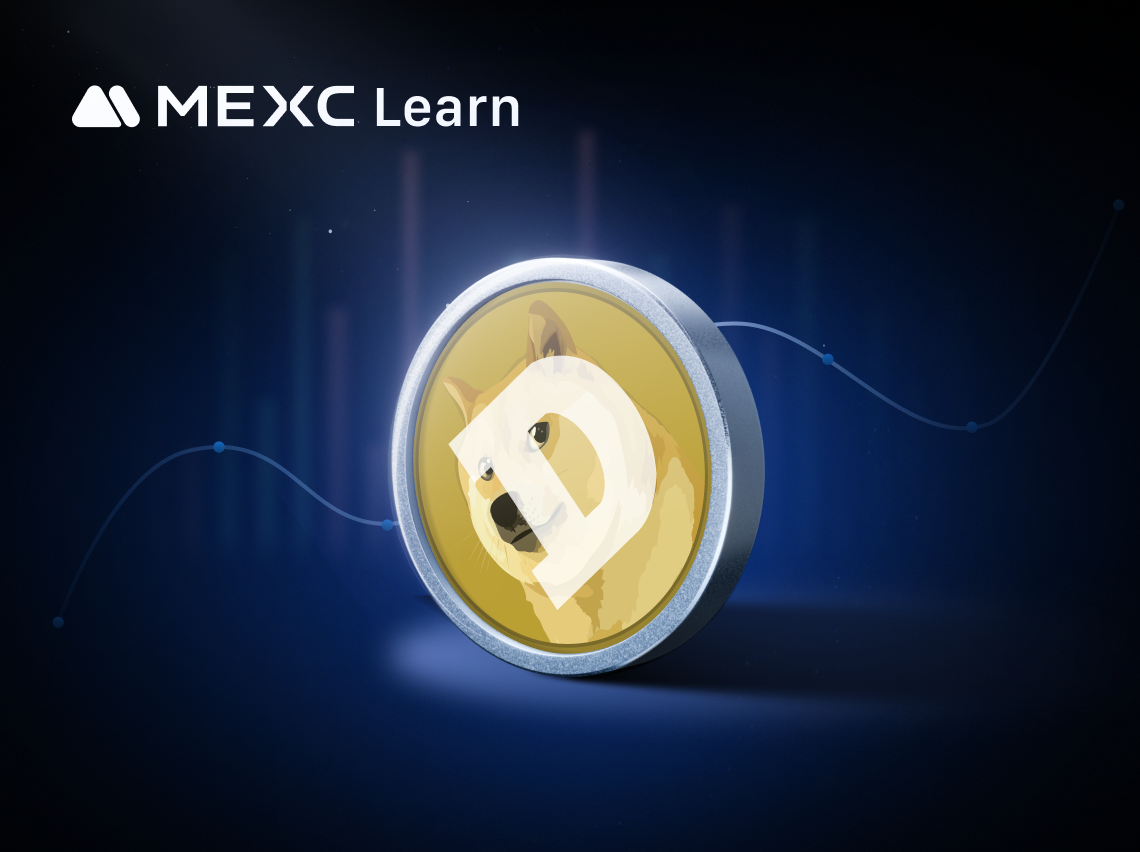
Elon Musk and Dogecoin: How Much Influence Does He Still Have?
Key Takeaways:Musk’s Pivotal Role: Elon Musk’s influence on Dogecoin’s rise is profound, shaping the cryptocurrency’s trajectory through public endorsements and tweets.Price Influence: Musk’s tweets h

What Will Ethereum Be Worth in 2030? Expert Predictions and Price Analysis
Ethereum's price trajectory toward 2030 has captured significant attention from investors worldwide. This analysis examines expert forecasts, fundamental growth drivers, and realistic valuation scenar
Hot Crypto Updates
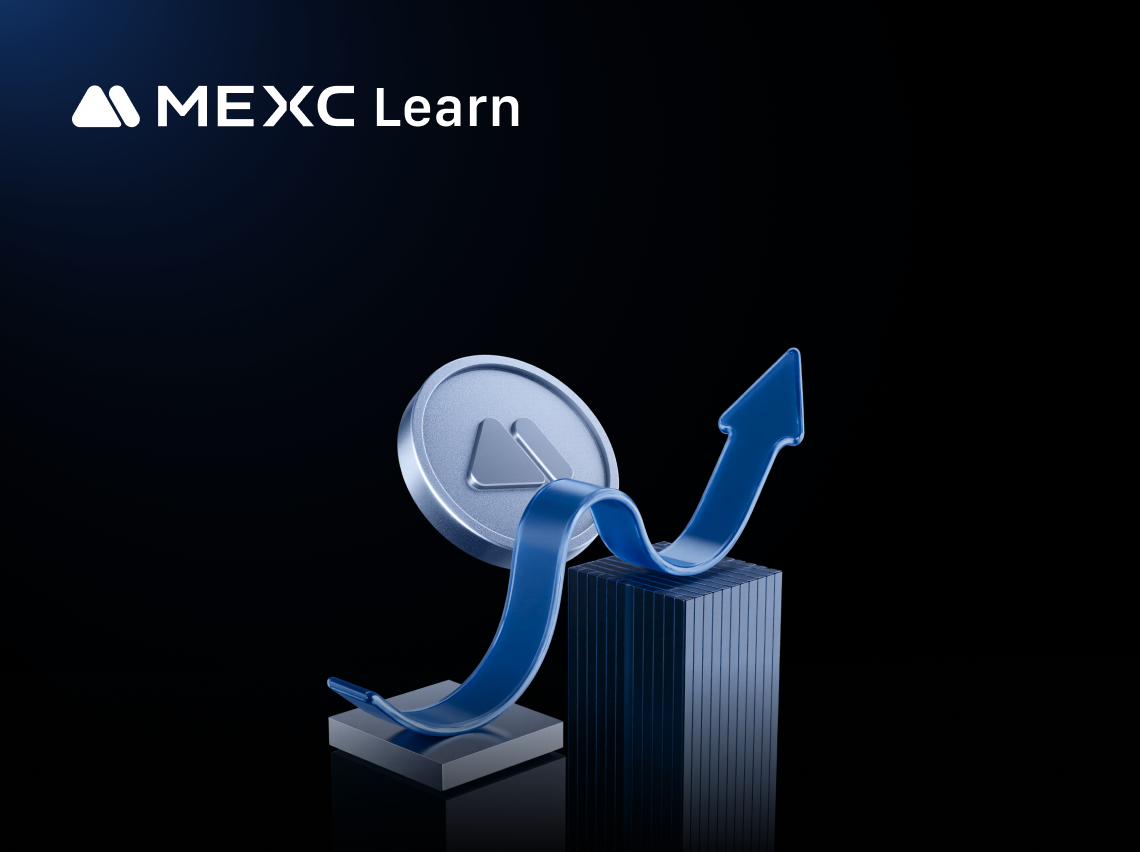
Bitcoin's Quantum-Resistant Future: A Strategic Migration Timeline
1. Why Post-Quantum Security Matters NowBitcoin's foundational security hinges on cryptographic protocols like ECDSA and Schnorr signatures, which face existential risks from advancing quantum computi
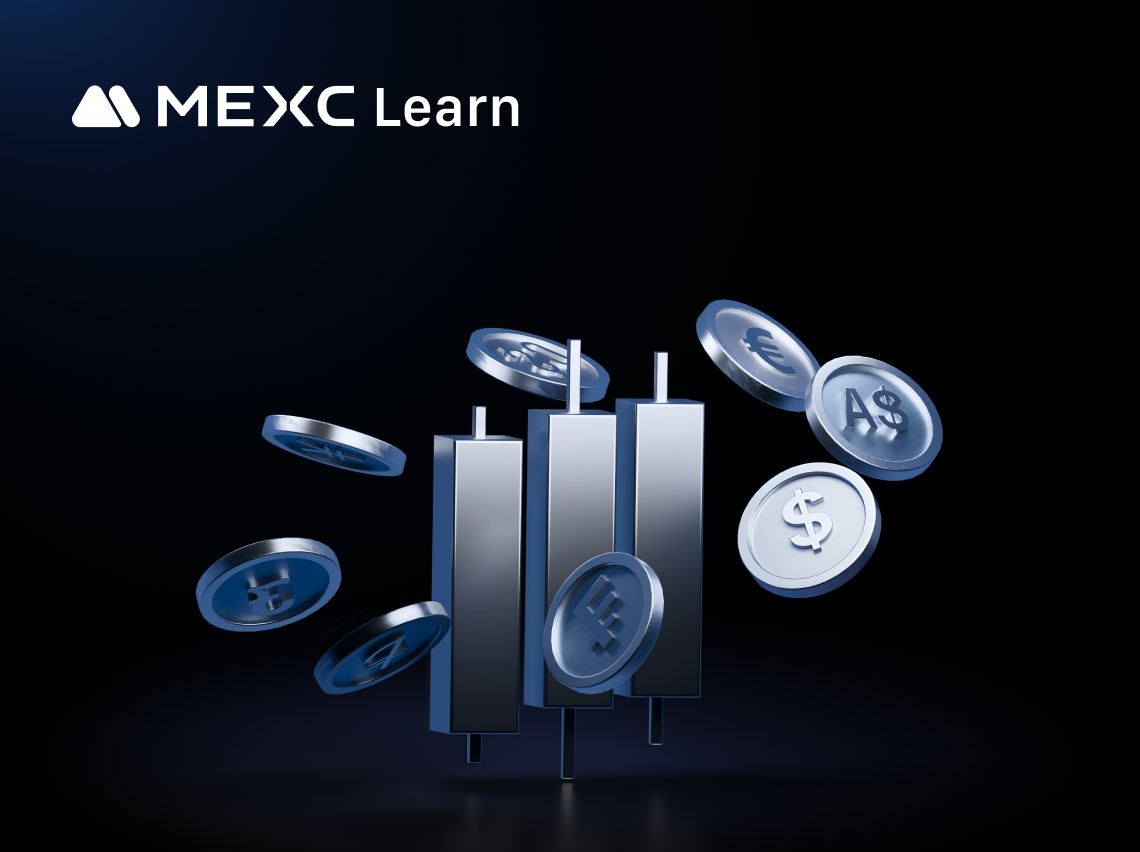
Understanding Meme Coins and Islamic Finance Principles
Opening OverviewMeme coins represent a unique category of digital assets that emerged from internet culture, social media memes, and viral trends, distinguishing themselves from traditional cryptocurr
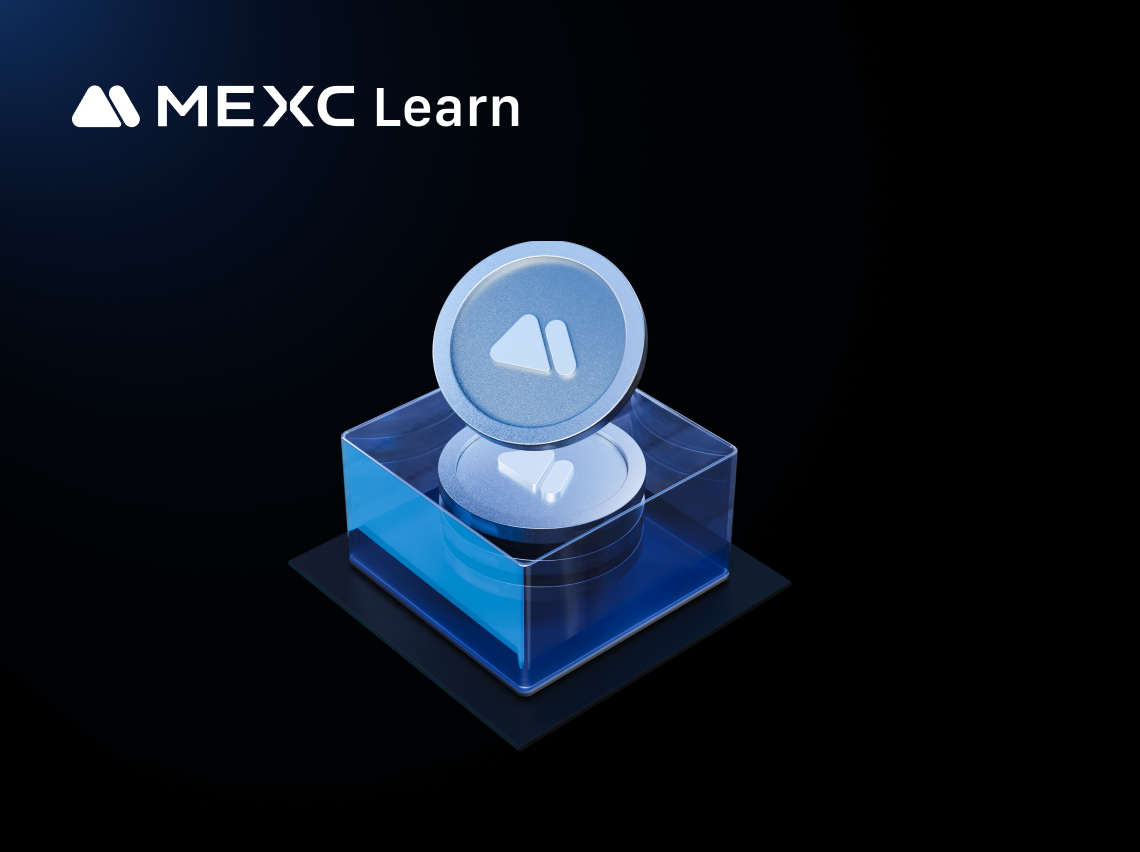
MEXC vs Bybit 2026: Which Crypto Exchange Reigns Supreme for Traders?
Meta Description Comprehensive comparison of MEXC and Bybit exchanges covering fees, trading pairs, liquidity, and security. Discover why MEXC's 3000+ pairs, zero fees, and lowest withdrawal costs mak
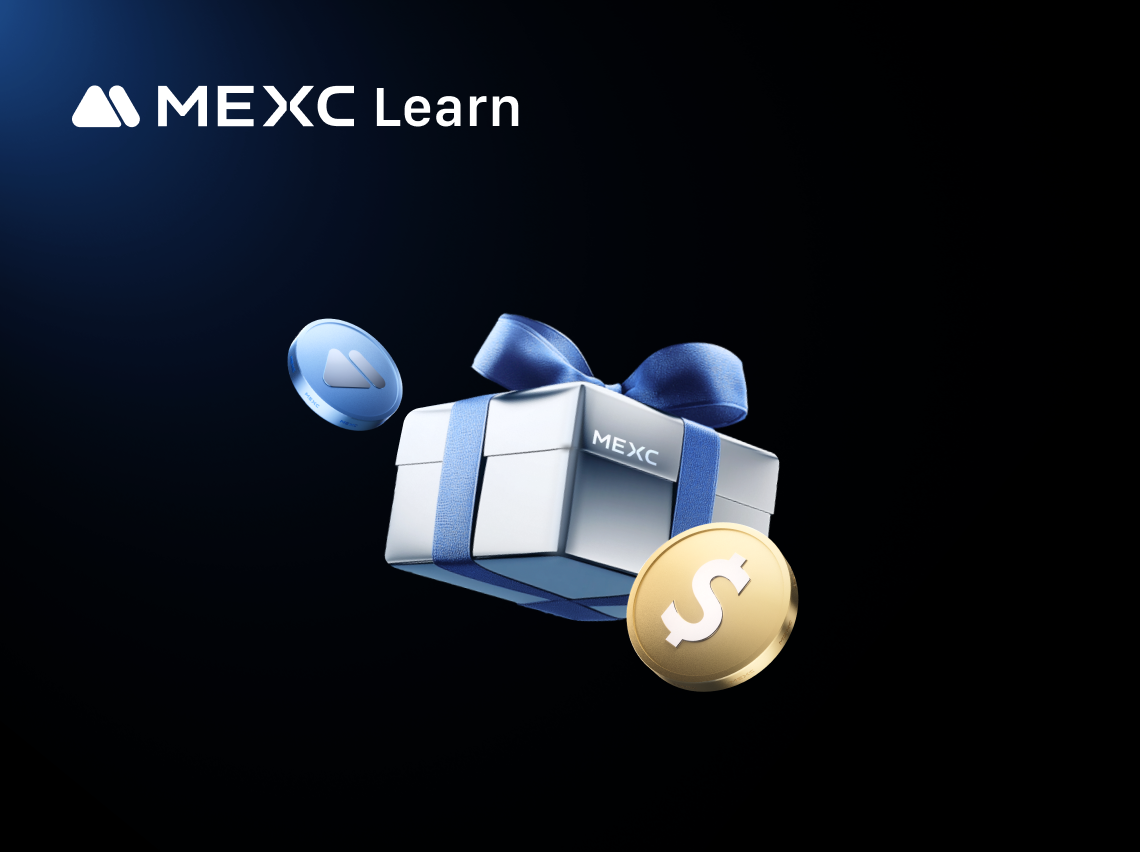
2026's Lowest Withdrawal Fee Exchange: MEXC Sets New Industry Standards
Meta Description: Comprehensive analysis of 2026 cryptocurrency exchange withdrawal fees comparison. Discover how MEXC leads with industry-lowest withdrawal fees, zero-fee spot trading, massive tradin
Trending News

Gold Hits $3,700 as Sprott’s Wong Says Dollar’s Store-of-Value Crown May Slip
The post Gold Hits $3,700 as Sprott’s Wong Says Dollar’s Store-of-Value Crown May Slip appeared on BitcoinEthereumNews.com. Gold is strutting its way into record territory, smashing through $3,700 an

Robert Kiyosaki Bitcoin Silence: The Shocking Week After His Dip-Buying Vow
BitcoinWorld Robert Kiyosaki Bitcoin Silence: The Shocking Week After His Dip-Buying Vow When a prominent financial voice like Robert Kiyosaki goes quiet on Bitcoin

Exclusive interview with Smokey The Bera, co-founder of Berachain: How the innovative PoL public chain solves the liquidity problem and may be launched in a few months
Recently, PANews interviewed Smokey The Bera, co-founder of Berachain, to unravel the background of the establishment of this anonymous project, Berachain's PoL mechanism, the latest developments, and

New Crypto Investors Are Backing Layer Brett Over Dogecoin After Topping The Meme Coin Charts This Month
Climbing to the top of the meme coin charts takes more than a viral mascot or celebrity tweets. Hype may spark attention, but only momentum, utility, and adaptability keep it alive. That’s why the lat
Related Articles

Dogecoin ETF: What We Know So Far and Whether It Could Happen
Key Takeaways:REX-Osprey Dogecoin ETF (DOJE) launched in September 2025 as the first U.S. product offering DOGE exposure via a mix of holdings and derivatives.Grayscale Dogecoin Trust ETF (GDOG) debut

Dogecoin Mining 2025: How DOGE Is Mined, Merge Mining, and Miner Economics
Key Takeaways:Dogecoin Mining Process: Dogecoin uses Proof-of-Work (PoW) with the Scrypt algorithm, providing a fixed 10,000 DOGE reward per block every ~1 minute, ensuring consistent supply for miner

Elon Musk and Dogecoin: How Much Influence Does He Still Have?
Key Takeaways:Musk’s Pivotal Role: Elon Musk’s influence on Dogecoin’s rise is profound, shaping the cryptocurrency’s trajectory through public endorsements and tweets.Price Influence: Musk’s tweets h

What Will Ethereum Be Worth in 2030? Expert Predictions and Price Analysis
Ethereum's price trajectory toward 2030 has captured significant attention from investors worldwide. This analysis examines expert forecasts, fundamental growth drivers, and realistic valuation scenar
